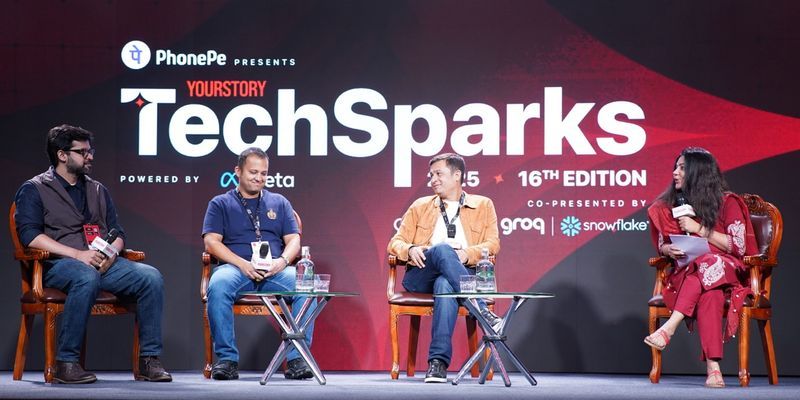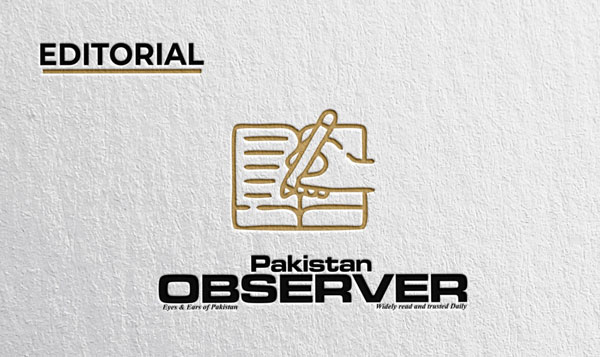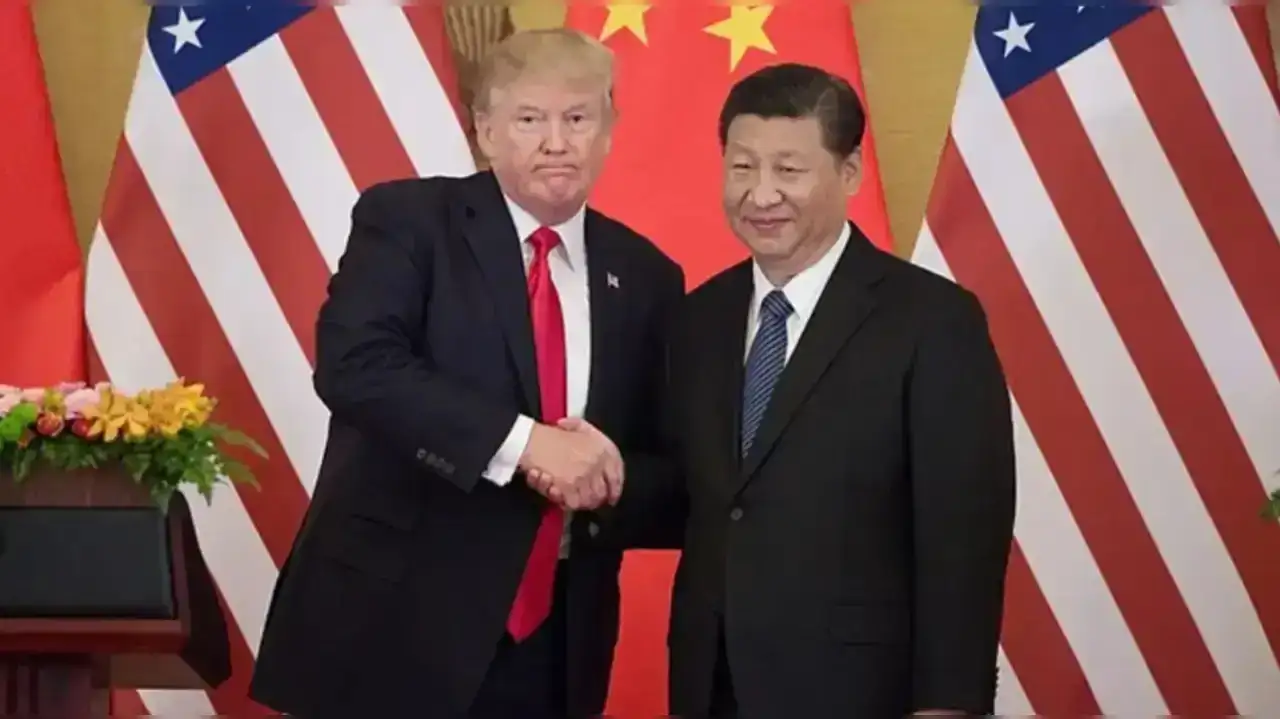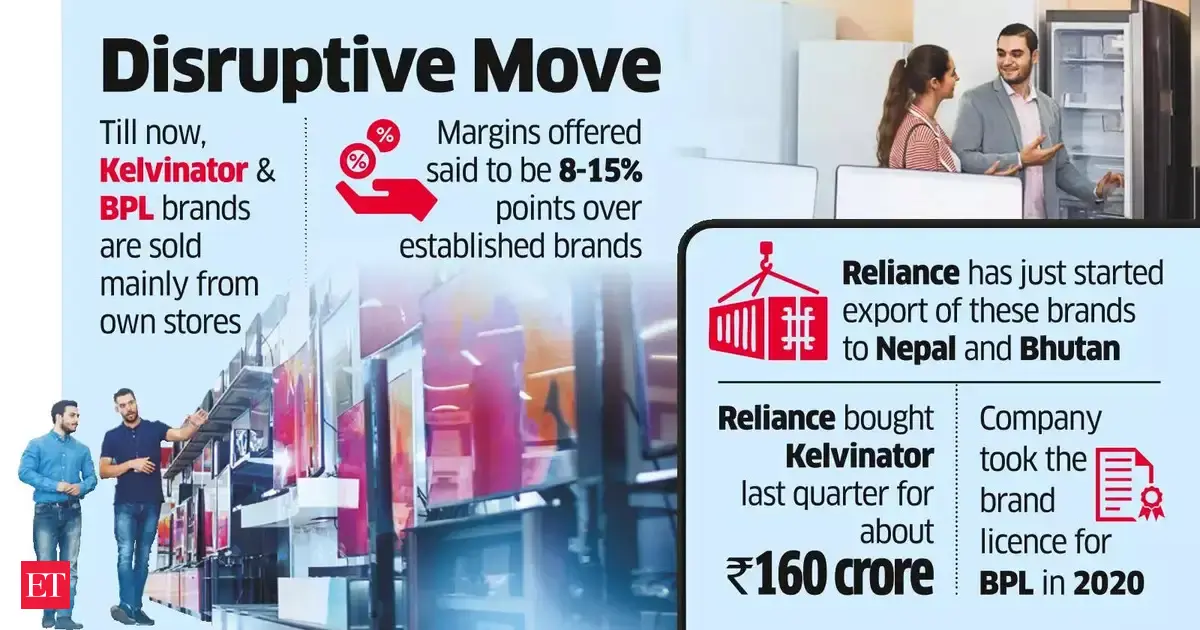Copyright yourstory

The widespread adoption of AI is not only influencing daily life, but also redefining the expectations of founders and the mindset required to build successful businesses. AI is changing how companies are imagined, designed, and scaled, and the role of the founder now demands both technical depth and creative adaptability. At a panel discussion at TechSparks 2025 with Shradha Sharma, Founder and CEO, YourStory & The Bharat Project, featuring Manav Garg, Co-founder and Managing Partner of Together Fund; Dushyant Mishra, Founder and CEO of Rapid Claims; and Pavan Sondur, Co-founder and CEO of CoreWorks AI; the speakers explored how Indian founders are building competitive and globally relevant AI companies. The panellists spoke about the rapidly shifting landscape of AI startups, and emphasised the need for founders to move quickly, test ideas at high velocity, and think deeply about the ethical implications of the systems they build. The pace of change in AI requires entrepreneurs to constantly reassess assumptions and be prepared to rebuild core components as models evolve. Garg shared that Together Fund has backed several of India’s leading AI startups, investing $110 million in seed cheques across 25 companies in the past two years. He noted that eight of these companies are already generating meaningful revenue and showing a credible path to profitability. He stressed that for India to stand out in the AI era, founders must commit to solving difficult, defensible technical problems instead of surface-level applications. “A lot of people said infrastructure would not do well in India. But we are seeing the opposite. We spent time with engineers and found that our talent is very strong. They are willing to take on large technical risks and solve problems that can compete globally,” he said. He added that building in AI requires a different mental model from SaaS. “When you think about old mental models in SaaS or B2C, you typically solve an operational problem. If delivery takes 10 days, you fix the logistics. But that’s not enough anymore. Today, we’ve to think tech-first and deliberately choose the hard problem,” Garg noted. The panellists agreed that continuous learning, strategic adaptability, and a relentless focus on building products that are genuinely useful from end to end are critical to staying competitive. Mishra outlined a three-point framework for building a disruptive AI company. First, the problem must be deep and rooted in domain complexity. Second, the team must be structured to constantly rebuild and iterate the technology as new techniques emerge. Third, distribution speed is essential to gain customer trust and market share. He noted that founders need to understand where AI can add efficiency across functions such as sales, marketing, and customer success. Domain expertise matters, but so does understanding how the technology itself is evolving. Ultimately, Mishra argued that speed is the deciding factor: the ability to deliver high-quality output faster than competitors anywhere in the world. “Go after a deep problem, build a team that learns fast and get your product into users’ hands quickly,” he said. Sondur reinforced the importance of distribution. He explained that once a product is genuinely useful, scaling adoption quickly becomes the priority because the market will not wait. “Building is only half the game. Distribution is the real win. If your product works, do not slow down. Get it into the hands of the next hundred users before someone else does,” Sondur said. The discussion also acknowledged broader questions about India’s role in the AI stack. Despite earlier doubts, India is now producing credible infrastructure and application-layer AI companies that are competing globally. “The world once questioned India’s ability to lead in AI infrastructure. Today, the facts say otherwise,” Garg noted, in a hall packed with energetic entrepreneurs eager to build their own AI-powered products. TechSparks 2025 is packed with keynote addresses, fireside chats, and panel discussions covering topics such as AI governance, cybersecurity, fintech, and the rise of agentic AI, featuring speakers including CEOs of major tech companies, thought leaders, and key decision-makers. (Edited by Megha Reddy)



